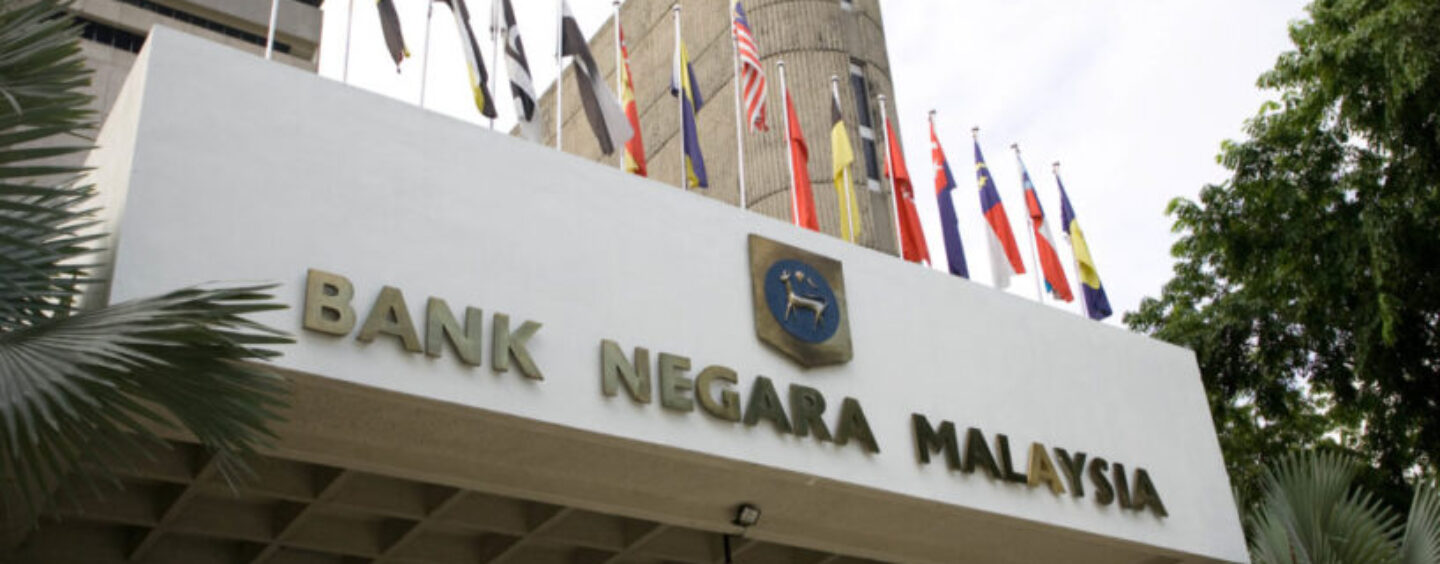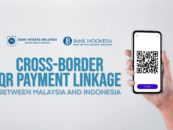
BNM and PayNet Joins Project Nexus for Faster, Cheaper Cross-Border Payments
by Fintech News Malaysia November 11, 2021Bank Negara Malaysia (BNM) and Payments Network Malaysia (PayNet) will be participating in Project Nexus by collaborating with international partners on a proof-of-concept (PoC) to improve the cost and speed of cross-border payments.
Project Nexus will explore the feasibility of linking the real-time payment systems in Malaysia, Singapore and the euro area.
This comprises the Real-time Retail Payments Platform (RPP/DuitNow) in Malaysia, the Fast and Secure Transfers (FAST/PayNow) in Singapore, and the Target Instant Payment Settlement (TIPS) in the euro area.
Led by the Bank for International Settlements (BIS) Innovation Hub, Project Nexus is closely aligned with the G20 Roadmap for Enhancing Cross-border Payments.
Other international partners in the project are Banca d’Italia, the Monetary Authority of Singapore (MAS) and the Banking Computer Services (BCS).
The results are expected to be published by end-2022 and the prototypes developed under the PoC will not be available for public use at this juncture.
Malaysia’s participation in Project Nexus complements the country’s existing efforts in linking the RPP/DuitNow with other real-time payment systems in the ASEAN region.
Separately, Bank Negara Malaysia is also working with BIS and several central banks to test the use of central bank digital currencies (CBDCs) for international settlements under Project Dunbar

Fraziali Ismail
Fraziali Ismail, Assistant Governor of Bank Negara Malaysia said,
“Building on the success of bilateral payment linkages with other ASEAN countries, this could pave the way for the RPP/DuitNow to connect with other real-time payment systems globally.
This will support aspirations for faster, cheaper and more accessible cross-border payments for Malaysian residents.”

Peter Schiesser
Peter Schiesser, the Group Chief Executive Officer of PayNet said,
“RPP/DuitNow is a key infrastructure to drive cashless payments and digitalisation in Malaysia. We project about 1 billion real-time payments will be made in Malaysia in 2021.
Project Nexus provides us with a unique opportunity to contribute to the design of next-generation payment infrastructure. This will ensure Malaysia is well placed to capitalise on the outcomes of the project.”






